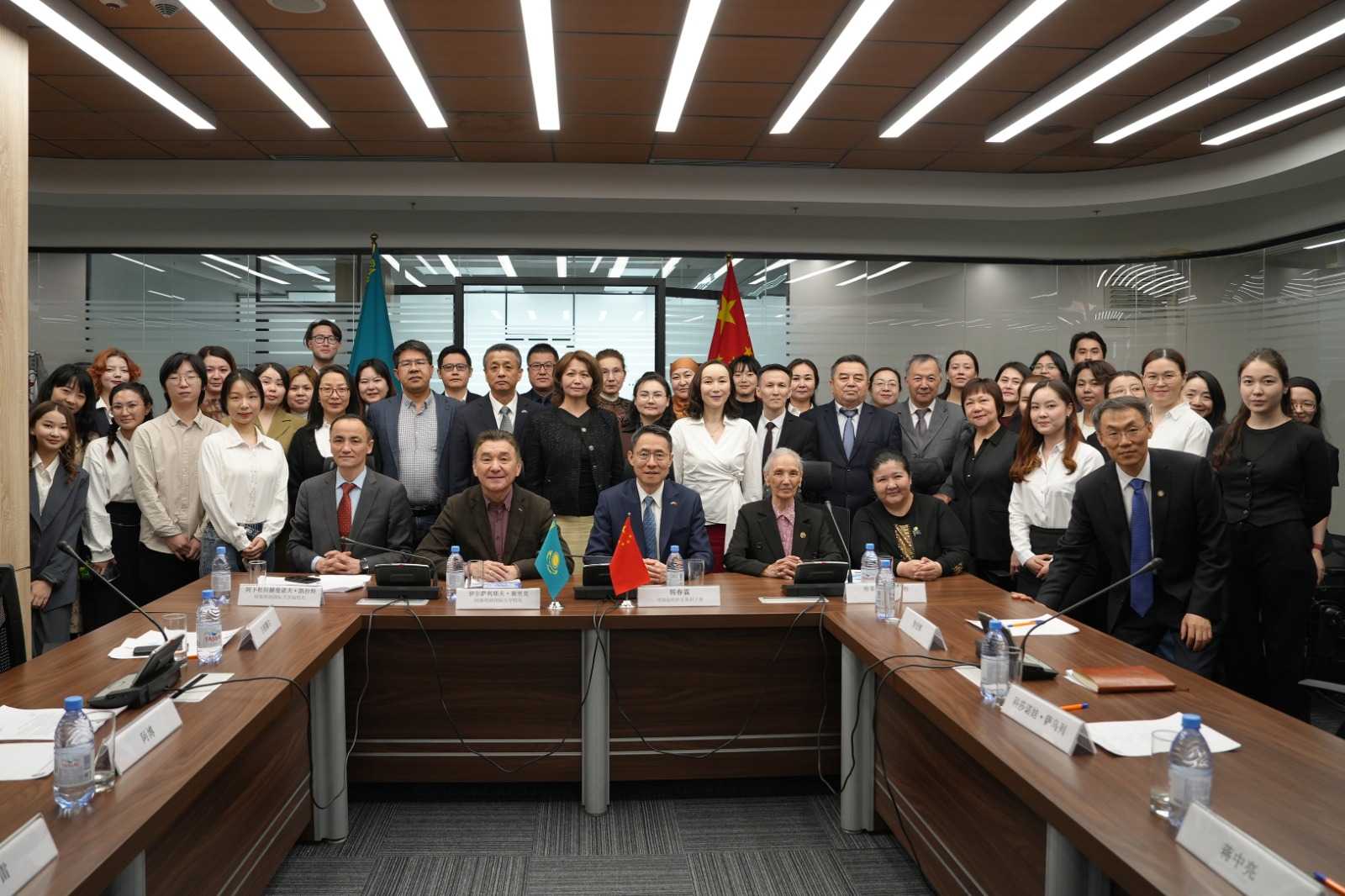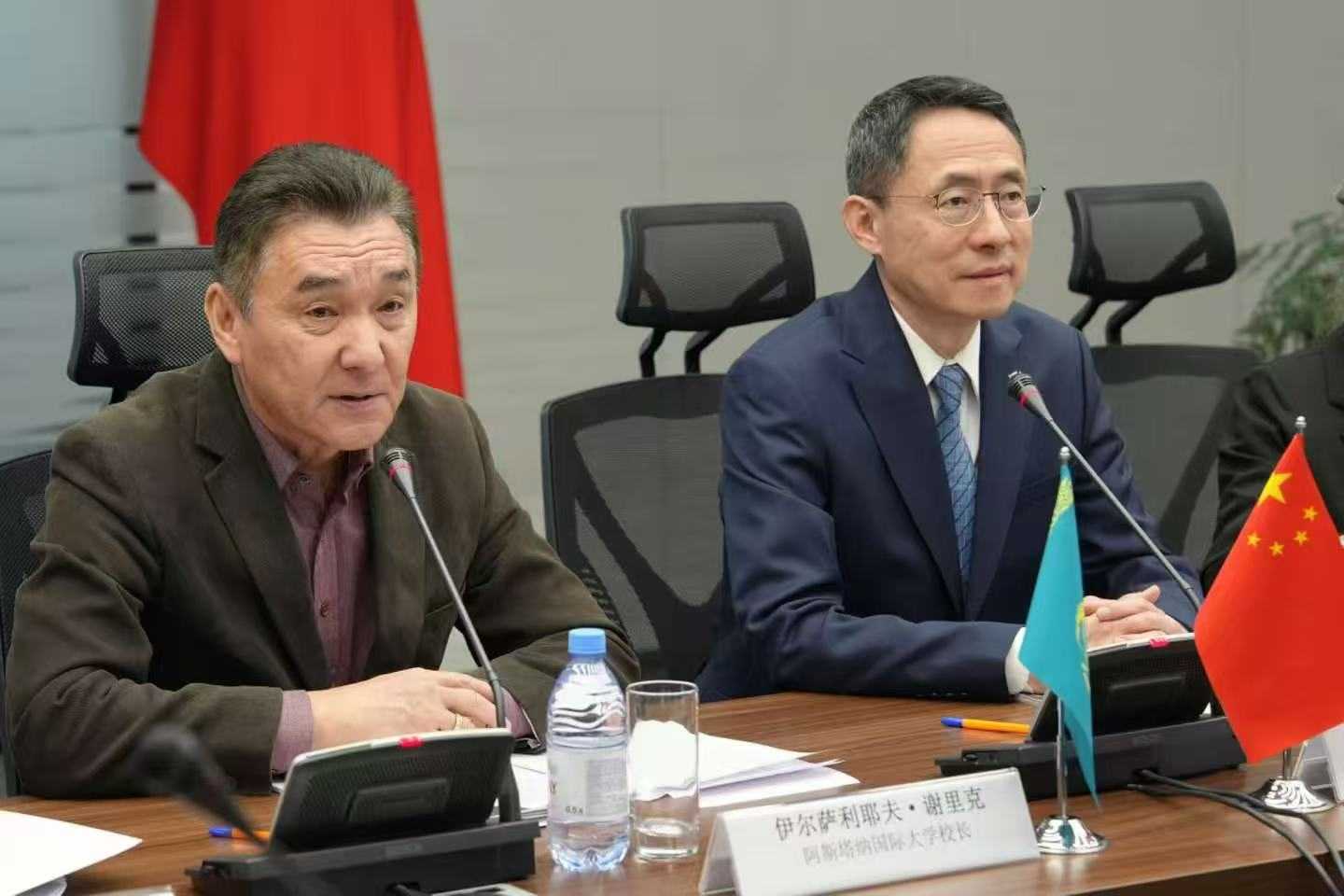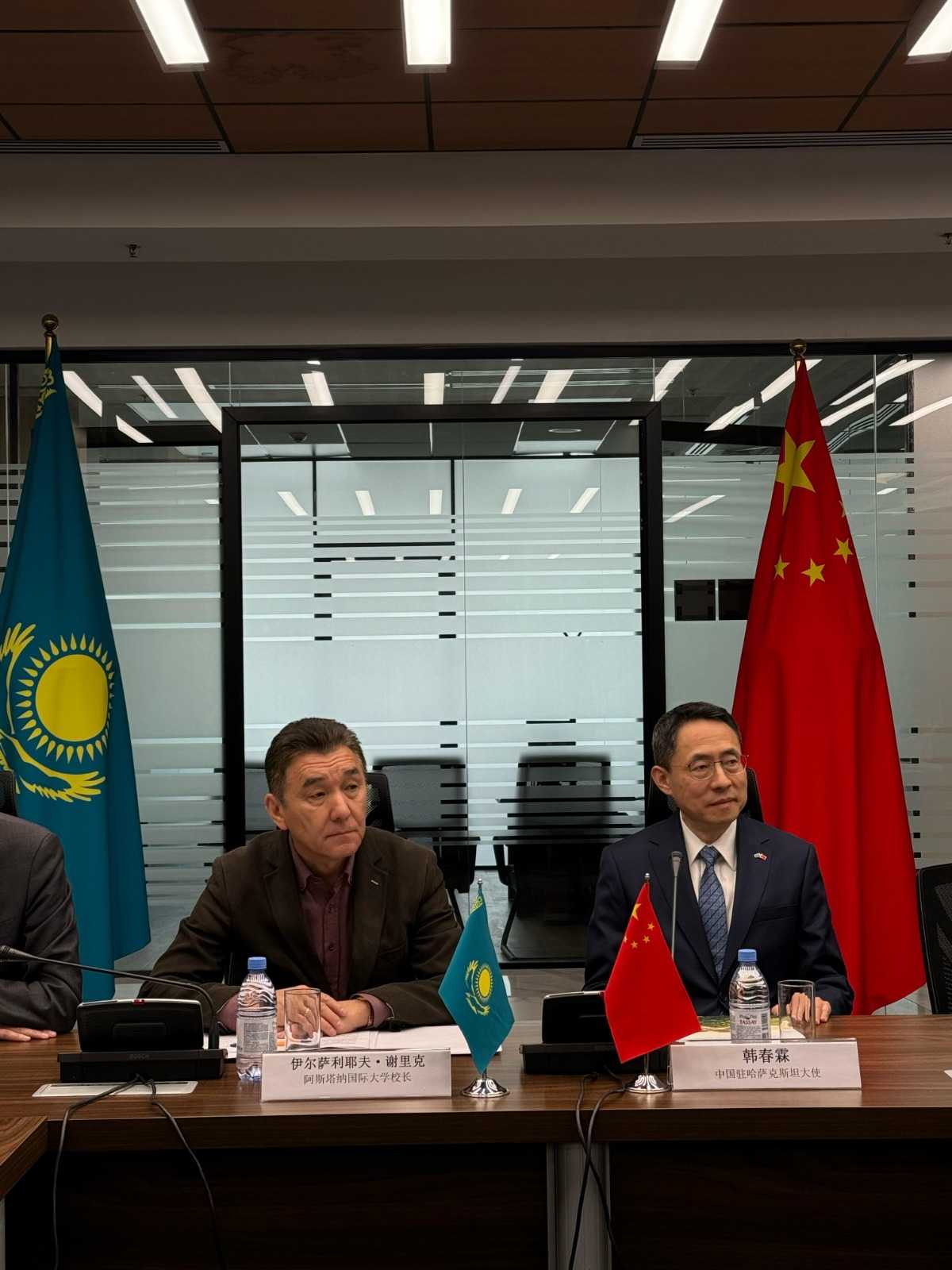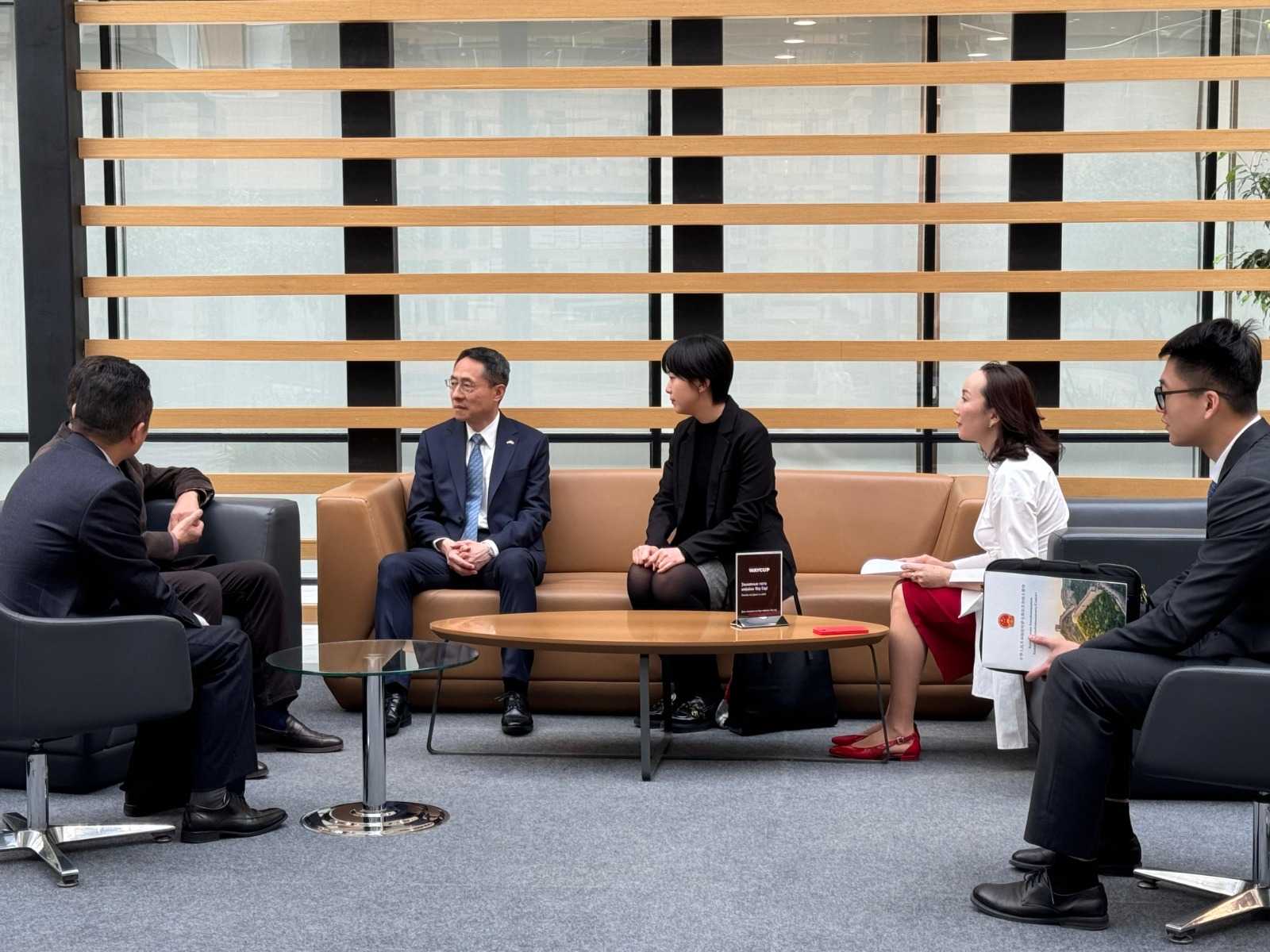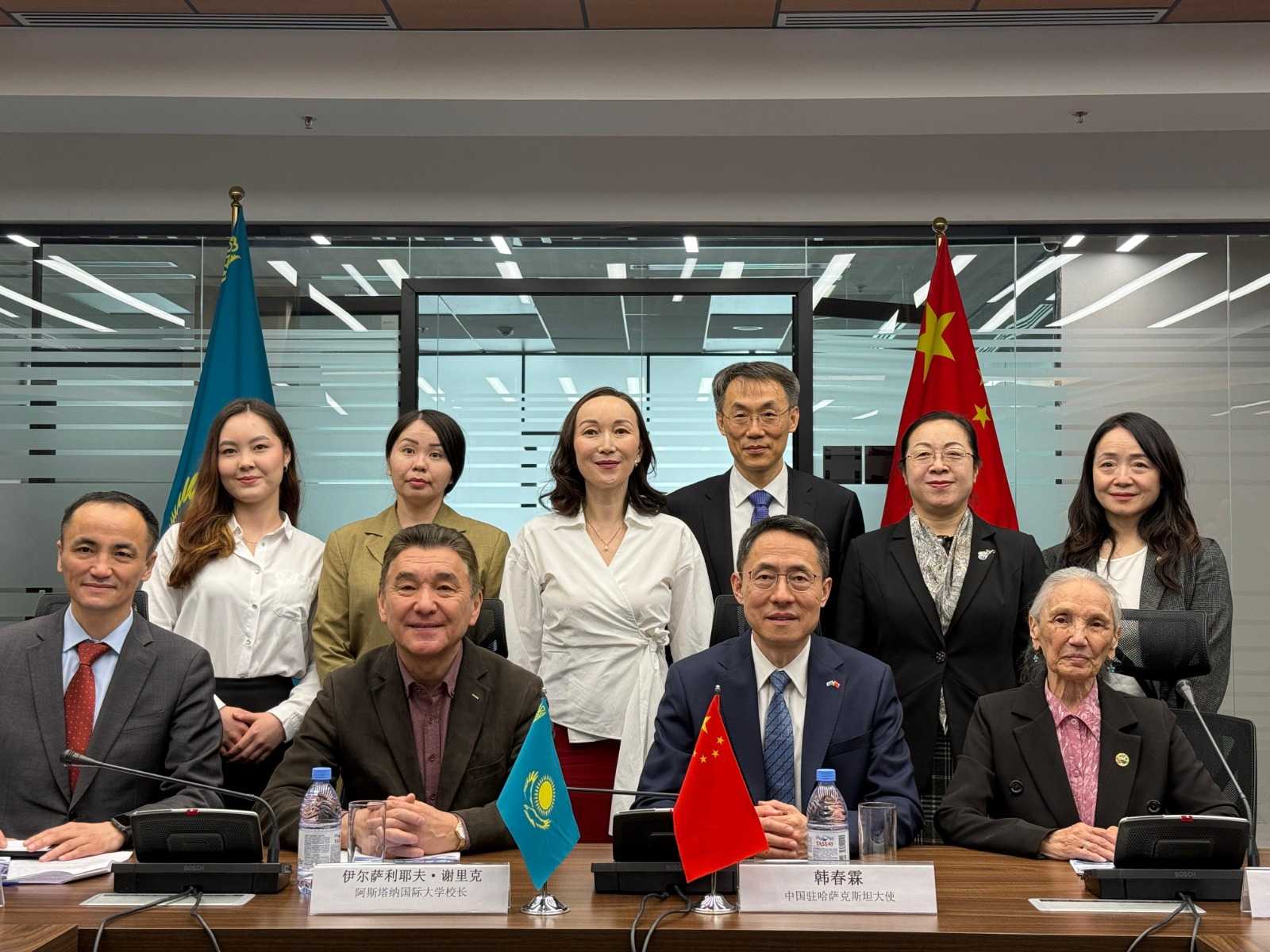On April 20, 2025, in celebration of the International Chinese Language Day, a large-scale seminar on enhancing the teaching competencies of Chinese language teachers in Central Asia was held in Astana. The initiative came from the Embassy of the People's Republic of China in Kazakhstan, and the event was organized by the Kazakhstan branch campus of Beijing Language and Culture University (BLCU).
At the opening ceremony, speeches were delivered by the Ambassador Extraordinary and Plenipotentiary of the PRC to Kazakhstan, Han Chunlin; the President of Astana International University, Serik Aztaevich Irsaliyev; and the renowned sinologist, Professor Klara Shaissultanovna Khafizova from L.N. Gumilyov Eurasian National University. The Rector of BLCU, Duan Peng, addressed the participants via a video message.
Ambassador Han Chunlin quoted the Kazakh proverb, “Language is the key to the soul,” emphasizing that the Chinese language carries the wisdom of a millennia-old civilization. He highlighted the uniqueness of Chinese characters, referencing symbols like ren (benevolence) and dao (way), the achievements of Chinese science and culture, and described the development of Chinese language teaching in Kazakhstan as a “golden opportunity.”
Serik Aztaevich Irsaliyev, President of Astana International University, emphasized the importance of the seminar as a platform for experience exchange, professional community building, and expanding cooperation between educational institutions of both countries.
In his video address, BLCU Rector Duan Peng called the Kazakhstan branch campus a “jewel of humanitarian exchange” between China and Kazakhstan, carrying a special mission since its foundation. He expressed hope that the seminar would become a pivotal point in the development of the Chinese language in the region.
Professor Klara Khafizova, in her speech, explored the expressiveness of Chinese characters, the importance of tones, and the connection of the Chinese language to the ethnocultural history of the region's peoples.
Experts from BLCU, L.N. Gumilyov Eurasian National University, Nazarbayev University, and other institutions delivered presentations. Nearly 100 participants from Kazakhstan, Uzbekistan, Tajikistan, and China actively engaged in discussions.
Participants — experts and educators — unanimously recognized the event's success: new knowledge was gained, experiences exchanged, pressing issues discussed, and understanding of Chinese language teaching in Kazakhstan deepened. Topics included the future of Chinese amid global changes, the role of international standards in teaching characters, the effectiveness of the “less theory — more practice” approach, methods and theories of using Deepseek in international Chinese teaching, and new attempts to create culturally rich textbooks for beginner learners. Even after the seminar ended, discussions continued, with participants actively sharing ideas and expressing their readiness to contribute to the strengthening and development of Chinese language education in Kazakhstan.
